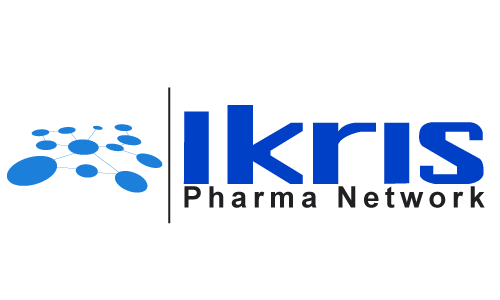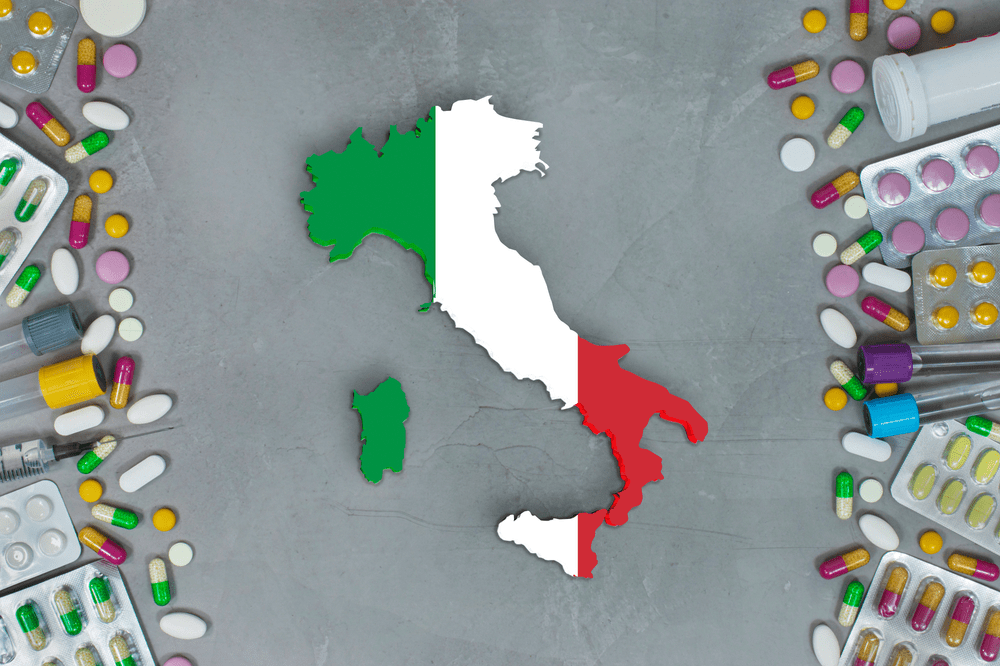Epilepsy patients in Bulgaria are reporting new challenges when it comes to accessing their required medications. These challenges include a lack of advanced therapies, which are commonly used across the rest of Europe. Although Bulgaria’s healthcare system offers access to some covered treatments, there is growing dissatisfaction from patients and advocacy groups regarding the lack of availability of newer and specialized therapeutic drugs.
Limited Drug Availability Due to Market Limitations:
One of the main issues is the lack of some epilepsy medicines in Bulgaria’s pharmaceutical market. Pharmaceutical companies often don’t import newer or low-demand therapeutic drugs in ample supply due to the tiny market size.
- Currently, the National Health Insurance Fund pays for approximately 15 epilepsy treatments.
- These reimbursements mainly consist of older generic medicines.
- Bulgaria often lacks essential treatments that other EU nations offer.

Image Source: Euractiv
Restricted Cross-Border Access Because of Prescription Limitations:
Patients are often forced to travel abroad for treatment due to the limited options available within the country. This is not an easy route, though.
- Prescriptions from Bulgaria may only be accepted in a limited number of other EU countries.
- Many prescription medicines, especially controlled substances, face strict cross-border restrictions.
- To gain access to the medication, patients are usually required to be reassessed by the clinicians in the purchasing country.
Rare Epilepsy Syndromes Face Greater Challenges:
People with more complex and severe forms of epilepsy, such as Lennox-Gastaut Syndrome (LGS) and Dravet Syndrome (DS), face even greater challenges.
- These syndromes require specific treatments which, in some cases, are not routinely available in Bulgaria.
- At present, access is very limited for patients over the age of 18.
- Adult patients and those in smaller groups of patients continue to be underrepresented and remain unserved.
Call for EU-Level and National Cooperation:
Patient groups and stakeholders in the healthcare sector are calling for a more unified and practical approach to ensure uninterrupted access to essential medicines.
- Experts suggest simplifying EU-wide prescription acceptance.
- Named Patient Programs (NPPs) can provide fast-tracked access and help close the gap.
- There is ongoing consideration among policymakers and industry stakeholders regarding the improved regulatory frameworks for the importation of niche or low-volume medicines.
Industry Perspective: Working Toward Sustainable Access
As a pharmaceutical company based in Bulgaria, Ikris Pharma understands the impact of having difficult access.
- We support the frameworks that are ethical, compliant, and collaborative to assist patients in obtaining lifesaving therapies.
- We are working with healthcare providers (HCPs), distributors, and even global manufacturers as one of the steps towards ensuring that all essential medicines across all therapeutic classes are available and accessible.
News Reference: Euractiv
Note: If you are a copyright holder or media representative and have any concerns regarding the news content or images used on this page, please contact us at Info@ikrispharmanetwork.bg. We will take prompt and appropriate action upon verification.

